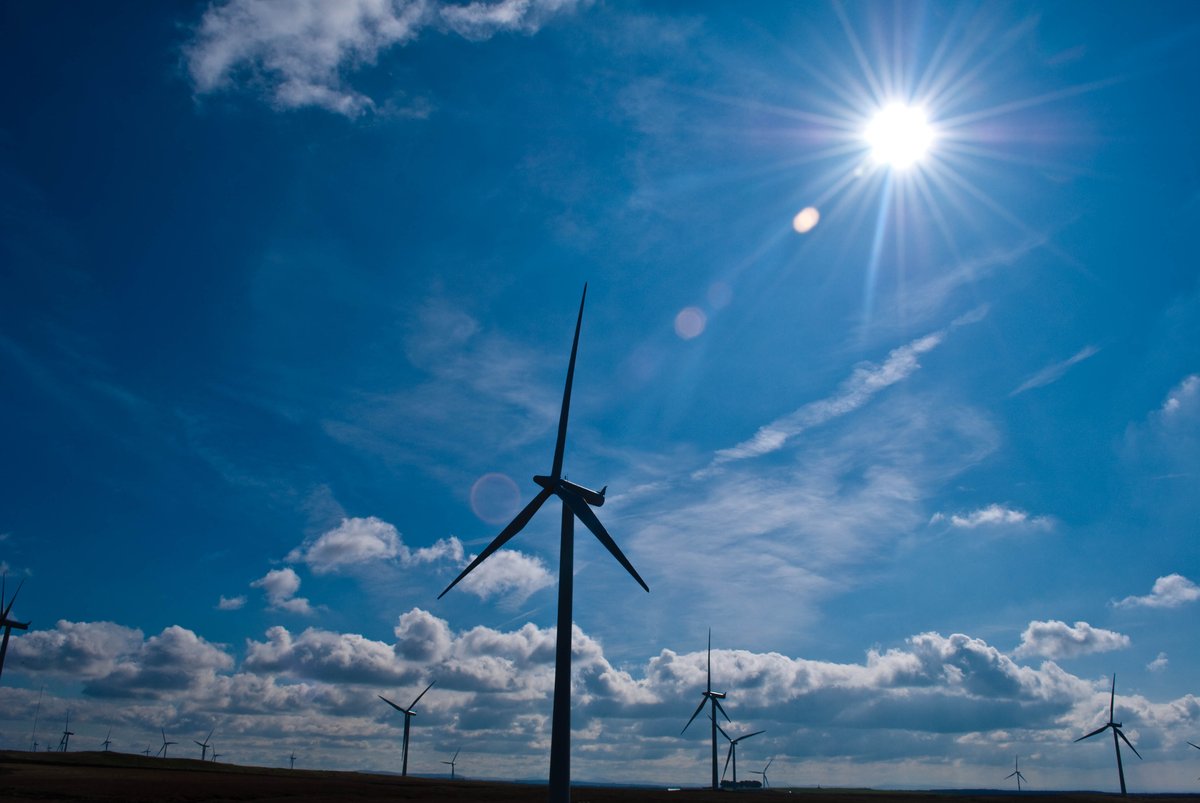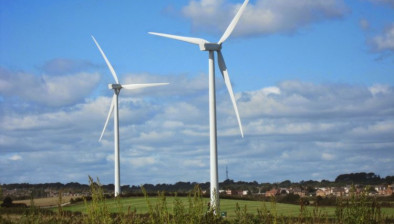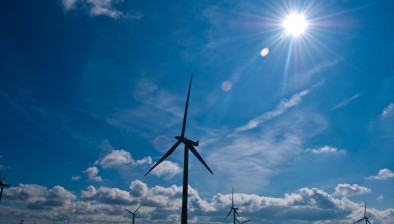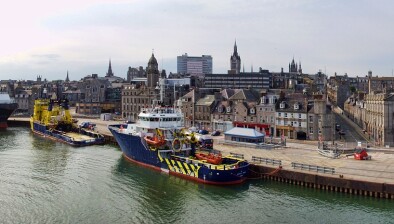Scotland’s renewable energy industry supports over 47,000 jobs and £15.5bn in output

A new report by the Fraser of Allander Institute has found that Scotland’s renewable energy industry and its supply chain supported more than 47,000 jobs and contributed approximately £15.5 billion in economic output in 2022.
Commissioned by Scottish Renewables, the study draws on the latest available data and highlights the continued economic strength of the sector. Offshore wind was the leading technology in terms of employment, supporting an estimated 19,580 full-time equivalent (FTE) jobs, followed by onshore wind with 16,865 jobs, and renewable heat with 4,095 jobs.
Offshore wind also led the sector in economic activity, generating over £6.8bn in output. Onshore wind followed closely with £6.4bn, while hydropower contributed £1.4bn.
The report assesses the wider economic benefits of the renewable energy sector, including supply chain activity and spending within the Scottish economy. Due to limitations in official government data, the analysis relies on figures from the Office for National Statistics (ONS). As such, the 2022 results offer a snapshot of the industry’s performance rather than a long-term trend.
Claire Mack, chief executive of Scottish Renewables, said: “This report provides a valuable insight into the economic contribution of our industry as we transition to a cleaner, more sustainable energy system. It reflects the impact of major developments such as the Moray East offshore and Viking onshore wind farms.
“The energy crisis and rising wholesale costs have underlined the importance of accelerating clean energy deployment. However, our industry has faced significant challenges, including supply chain disruptions and increased costs, making projects more expensive to deliver.
“We are working closely with government to overcome these issues and ensure that the renewable sector continues to support jobs and economic growth. With Scotland playing a key role in the UK’s target to decarbonise power by 2030, our industry will remain a vital part of the national economy.
“We also urge both the UK and Scottish governments to improve data collection efforts so we can better measure and track the sector’s impact moving forward.”
This is the third economic impact report jointly produced by Scottish Renewables and the Fraser of Allander Institute. The 2022 findings reflect both growing demand driven by the global energy crisis and operational challenges that limited gains in gross value added (GVA) and job creation.
Professor Mairi Spowage, director of the Fraser of Allander Institute, added: “We’ve seen notable shifts in economic activity within the renewable sector in 2022, with more capacity moving from the construction to generation phase. These changes affect the structure of the supply chain and will continue as the industry matures.
“The economic environment is becoming more complex, and the sector’s GVA has been constrained. It’s crucial that policymakers foster a competitive environment to maximise the benefits of the energy transition.
“Looking ahead, we’ll continue working with Scottish Renewables to enhance the data available, with the next update expected in early 2026, including the introduction of a consistent time series.”
















